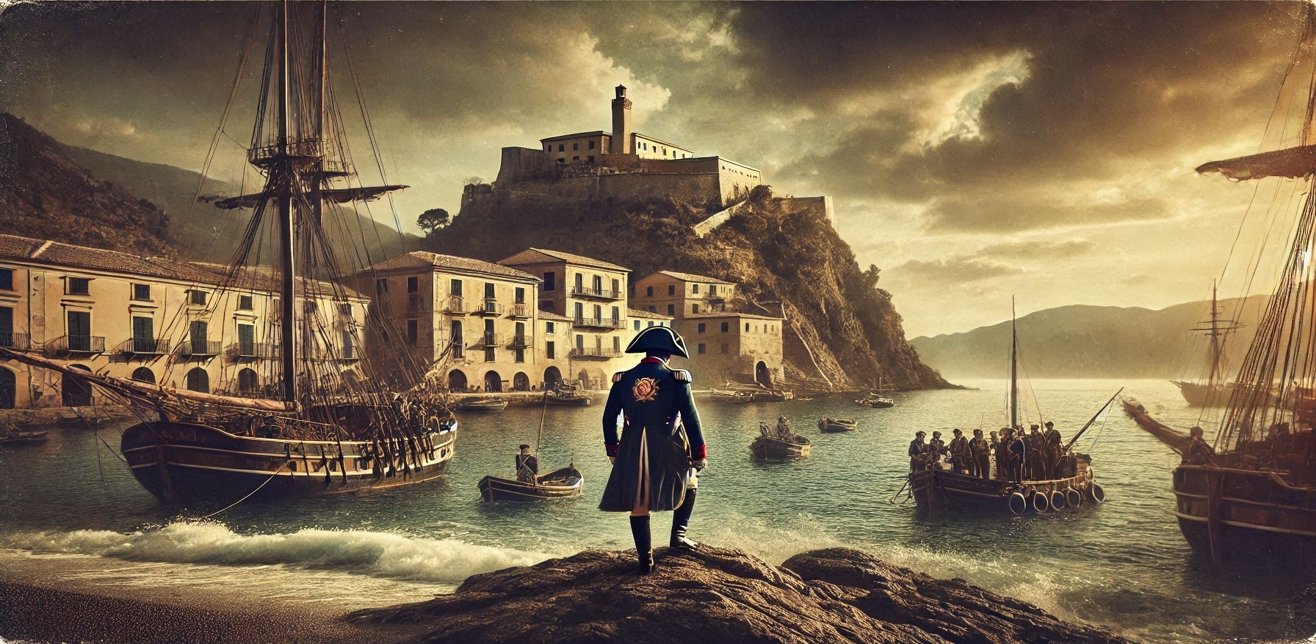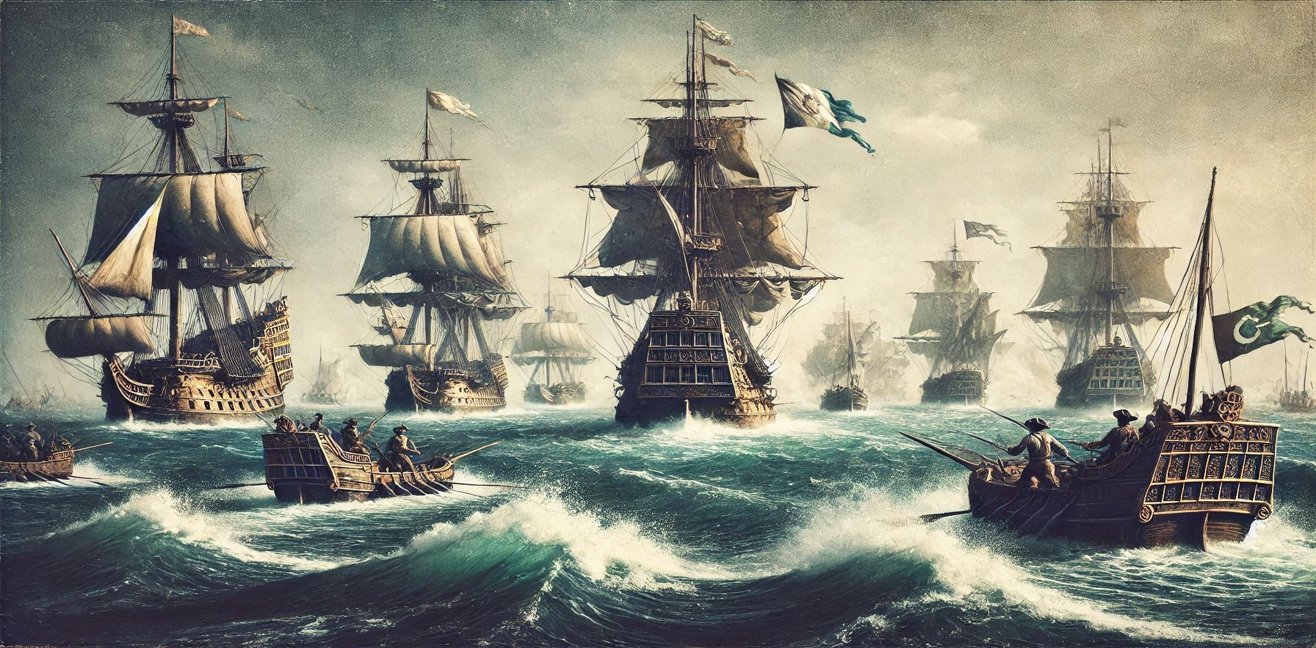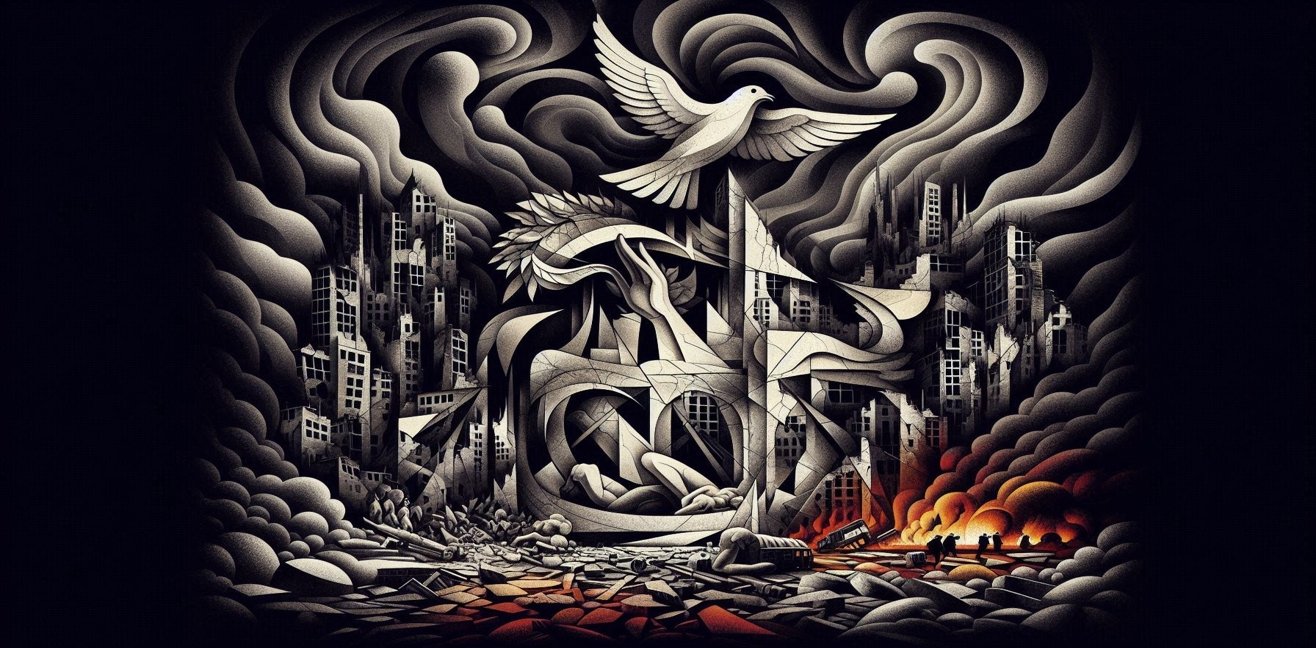The French Revolution and the subsequent Napoleonic Wars were events that radically changed the history of Europe. However, May 4th, 1814, marked the end of one era and the beginning of another. On this date, Napoleon I arrived at the town of Portoferraio on Elba Island, stepping into his life of exile.
Napoleon’s Exile to Elba
Napoleon’s exile to Elba Island led to a reshaping of political balances across Europe. After his disastrous defeat in Russia, the European powers dethroned him and sentenced him to exile. In 1814, with Napoleon’s exile to Elba Island, his reign in France came to an end, and a period of instability began in Europe.
The Elba Island Adventure
Beginning his life of exile on Elba Island, Napoleon was forced to spend the remainder of his days in various coastal towns. The town of Portoferraio became the center of this exile period. There, Napoleon continued to govern a small court and administration. However, he was no longer on the battlefields but living on a small Mediterranean island.
Napoleon quickly gained popularity on Elba and became beloved by the people. He contributed to the island’s economic and infrastructural development and implemented a series of reforms. However, his life of exile was not entirely satisfying. Napoleon longed for his former power and glory.
The Attempt to Return
Napoleon’s life of exile lasted only a few months. In the spring of 1815, Napoleon’s attempt to escape from Elba and return to France shocked Europe. During the “Hundred Days” period, Napoleon declared his rule in France once again. However, his defeat at the Battle of Waterloo marked the beginning of his end, and this time, he was sent to a real exile: Saint Helena Island.
Conclusion
Napoleon I’s exile to Elba Island marks an important turning point in European history. This period of exile signals the beginning of many events that would shape Napoleon’s downfall and the formation of modern Europe. The Elba Island adventure remains a dramatic chapter in Napoleon’s life and occupies a significant place in history books.
Napoleon’s exile and his time on Elba Island remain an intriguing subject for history enthusiasts, and these events help us understand the power of human nature and the complexity of political intrigue.




